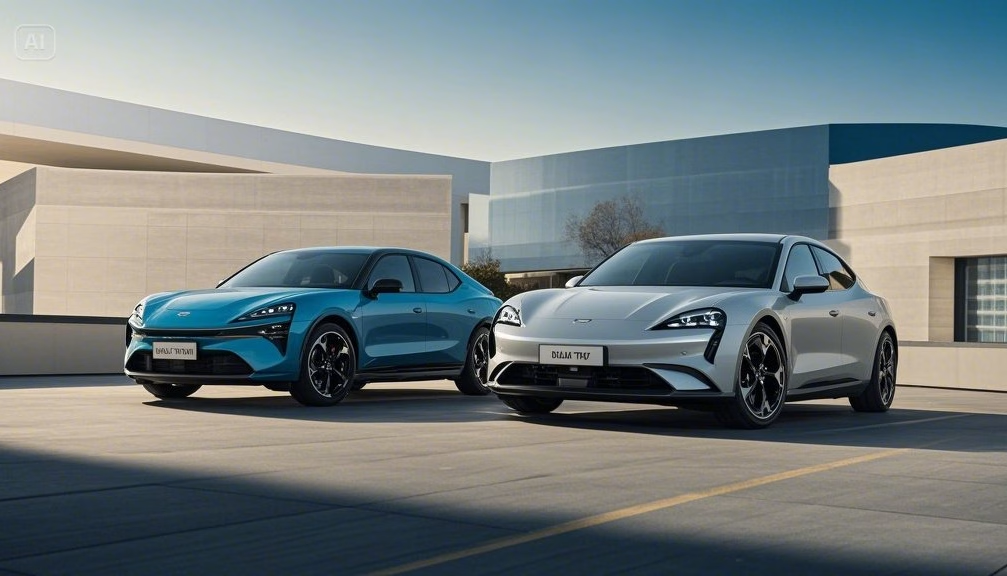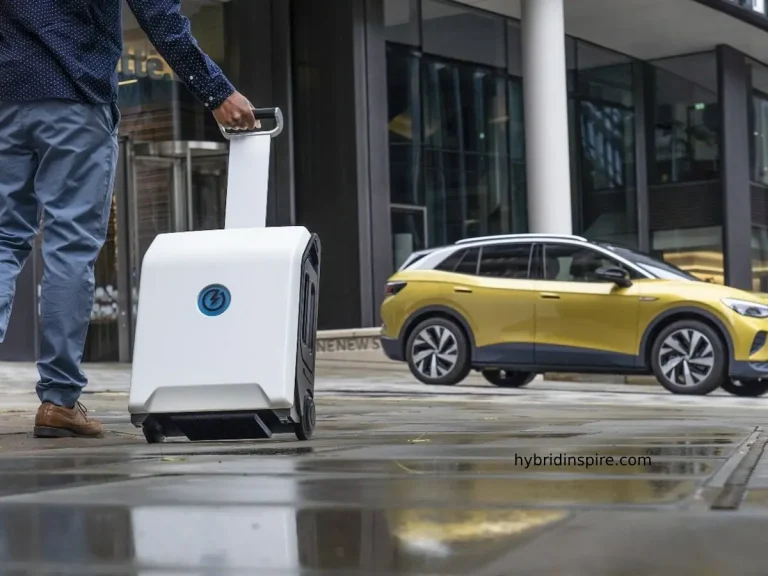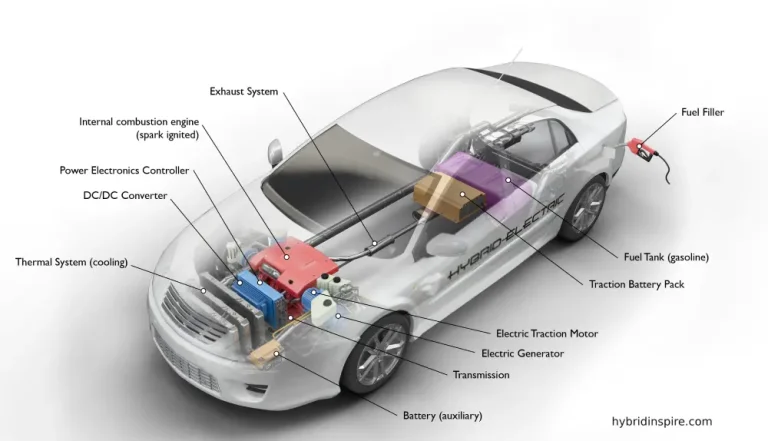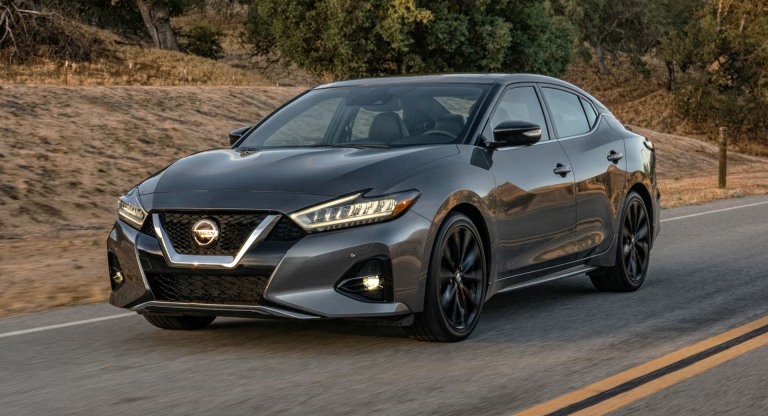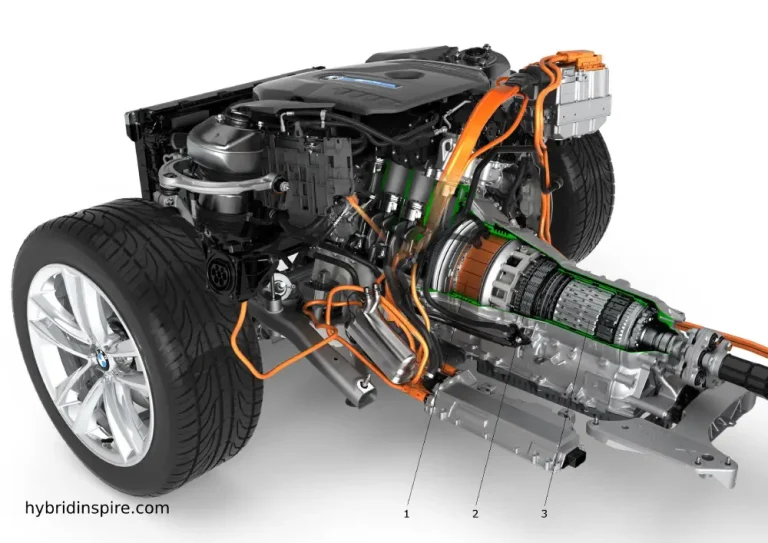Hybrid vs Gas Car: Which One Is Right for You?
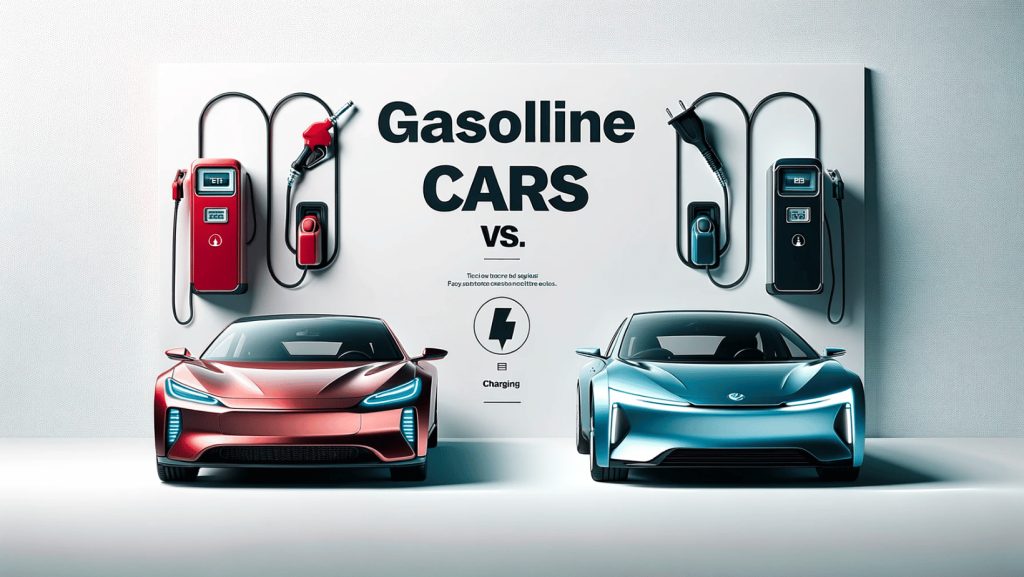
Table of Contents
If you’re in the market for a new vehicle, there’s a good chance you’ve been asking yourself this question: Hybrid vs Gas Car — which is better? With fuel prices on a rollercoaster and environmental concerns rising, more consumers are evaluating whether to go hybrid or stick with traditional gas-powered cars.
In this article, we’re diving deep into everything you need to know when comparing hybrid vs gas cars. From performance and fuel efficiency to cost of ownership and environmental impact, we’ll break it all down in a friendly, easy-to-understand format. So grab a cup of coffee and let’s explore what really sets hybrid cars vs gas apart.
What Is a Hybrid Car?
A hybrid car uses two power sources: a gasoline engine and an electric motor. The idea is to combine the benefits of both — the range and power of gas with the efficiency and eco-friendliness of electricity. These systems work together automatically to provide better fuel economy and lower emissions.
There are a few types of hybrid cars:
- Mild hybrids: The electric motor assists the gas engine but doesn’t power the car alone.
- Full hybrids: Can drive using just the electric motor, just the gas engine, or a combination.
- Plug-in hybrids (PHEVs): Can be charged via an outlet and have a larger battery, offering more electric-only driving range.
What Is a Gas Car?
A gas car, or traditional internal combustion engine (ICE) vehicle, runs solely on gasoline. It’s the car you’re probably most familiar with — it’s been the standard for over a century.
These vehicles use fuel to power an engine, which then drives the wheels. While technology has made gas cars more fuel-efficient over the years, they are generally less efficient than hybrids and contribute more to carbon emissions.

Fuel Efficiency: Hybrid Mileage Comparison
Let’s talk numbers, because fuel efficiency is one of the biggest deciding factors in the gas vs hybrid cars debate.
- Hybrid cars typically get between 40 to 60 MPG (miles per gallon).
- Gas cars average around 25 to 35 MPG, depending on the model and driving habits.
For city driving, hybrids shine even brighter. Their electric motors take over in stop-and-go traffic, saving more fuel compared to gas engines that must run continuously.
Real-world example: A Toyota Prius (a full hybrid) can reach over 55 MPG, while a gas-powered Toyota Camry gets around 32 MPG.
Cost of Ownership: Breaking Down the Dollars
You might be thinking: Are hybrid cars worth it financially?
Purchase Price
- Hybrids tend to cost more upfront.
- On average, hybrids can be $1,500–$4,000 more expensive than their gas counterparts.
Fuel Savings
Hybrids can save you hundreds to thousands per year in fuel costs depending on how much you drive.
Maintenance
- Hybrids generally have fewer mechanical issues over time due to less wear on the engine.
- Brake systems last longer, thanks to regenerative braking.
Battery Replacement
One potential downside: hybrid batteries can be expensive (around $2,000–$5,000), but they typically last 8–10 years and some warranties cover them.
Performance Comparison: Is Hybrid Better Than Gas?
Acceleration
- Traditional gas engines often provide quicker acceleration.
- However, modern hybrids now come with instant torque from electric motors, making them surprisingly peppy.
Driving Experience
- Hybrids are quieter, especially in electric mode.
- Gas vehicles often offer a more connected driving feel, especially in sports models.
If you’re looking for a high-performance sports car, gas may still be the way to go. But for everyday driving, hybrids now hold their own.
Environmental Impact: Green Living on the Go
- Hybrids emit less CO₂ and other greenhouse gases.
- Reduced fuel usage means less pollution and dependence on fossil fuels.
While gas cars have improved through cleaner-burning engines and emission control systems, they still emit more pollutants overall than hybrids.
Technology and Features
Hybrid cars often come packed with modern tech, thanks to their newer designs and target audience:
- Advanced infotainment systems
- Regenerative braking
- Smart driving modes
- Some even come with semi-autonomous driving features
Gas cars can offer these features too, especially newer models, but hybrids tend to lead in innovation.
Resale Value: Which Holds Value Better?
- Hybrids used to have lower resale value due to battery life concerns.
- Today, many hybrids retain value well, especially popular models like the Toyota Prius and Honda Accord Hybrid.
- Gas cars still dominate the used car market, making them easier to sell, but hybrid resale is improving steadily.
Availability and Model Variety
- Gas cars still outnumber hybrids in terms of variety and availability.
- Hybrids are more limited, though growing rapidly in number and type — from compact sedans to SUVs.
If selection is your top priority, gas cars offer more choices. But if fuel savings and eco-consciousness are your goals, the available hybrid options are increasingly diverse.
Real-World Use Cases: Hybrid vs Gas Car
Choose a Hybrid If:
- You commute in heavy traffic.
- You want to reduce your carbon footprint.
- You’re looking to save on fuel in the long run.
- You live in an urban area with lots of start-stop driving.
Choose a Gas Car If:
- You drive long distances frequently.
- You’re shopping on a strict budget.
- You prefer traditional maintenance systems and mechanics.
FAQs
Are hybrid cars worth it?
Yes, hybrid cars are worth it for many drivers. They offer significant fuel savings, lower emissions, and reduced maintenance costs. Over time, these benefits can offset the higher upfront cost, especially if you drive frequently or live in urban areas.
What are the benefits of a hybrid car?
- Better fuel economy
- Lower environmental impact
- Less engine wear
- Smooth, quiet operation
- Access to green vehicle incentives in some areas
Is hybrid better than gas?
In many ways, yes. Hybrids are better for fuel savings, the environment, and modern driving. However, gas cars are still preferable for high-performance driving, lower upfront costs, and more availability.
Hybrid mileage comparison: Is the fuel economy really that much better? Hybrid vs Gas Car
Absolutely. Hybrids regularly deliver 15–25 more MPG than their gas counterparts. For example, a hybrid sedan might get 50 MPG, while the gas version gets 30–35 MPG. Over time, this translates into significant savings.
Conclusion: Hybrid vs Gas Car — The Final Verdict
If your priorities are fuel efficiency, lower emissions, and long-term savings, then a hybrid is likely the better choice. You’ll pay more upfront, but you’ll make up for it in savings and peace of mind over the years.
On the other hand, if you want a lower purchase price, more vehicle choices, and simpler mechanics, a gas car may still be the right fit.
As technology continues to evolve and hybrid options expand, we may soon see the day when hybrids become the default vehicle choice. Until then, take your time, weigh your needs, and choose the vehicle that fits your lifestyle best.
Because at the end of the day, the best car isn’t necessarily hybrid or gas — it’s the one that works best for you.
Related: Gasoline vs. Hybrid Cars: Pros and Cons of Each
More: Electric Utility Vehicle Revolution: 13 Powerful Reasons They’re Taking Over

